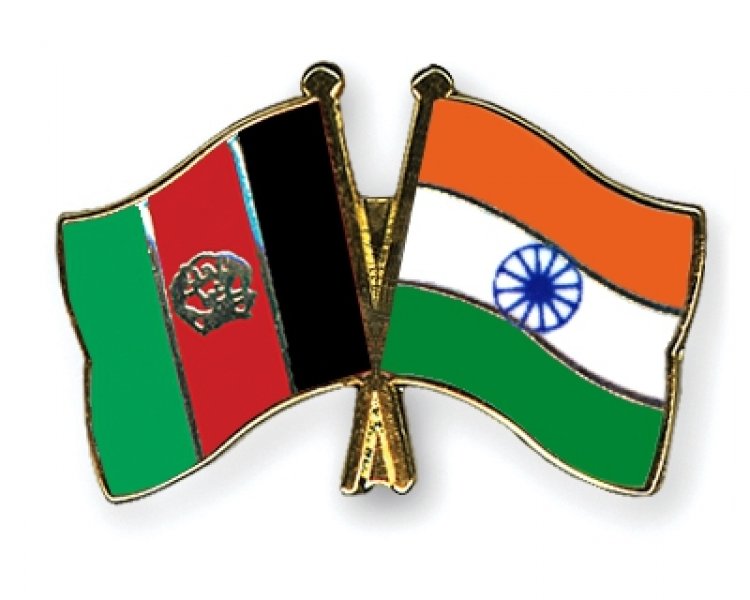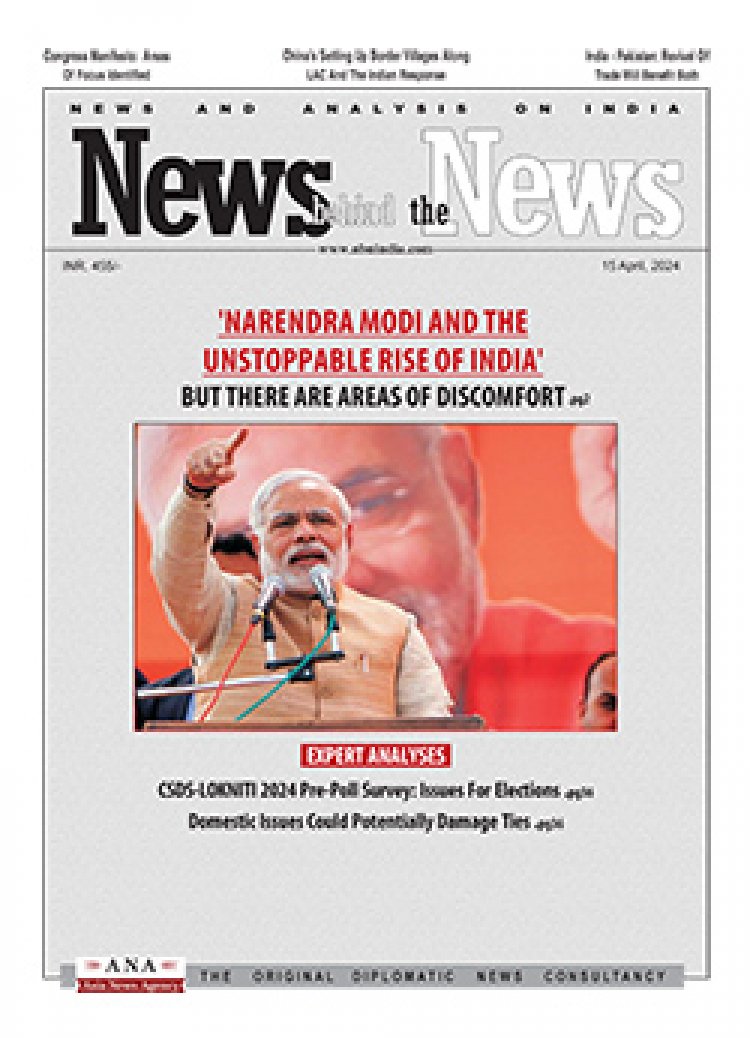India - Afghanistan: Secret Outreach to Tailban
STORIES, ANALYSES, EXPERT VIEWS

India’s recent approach to the Taliban in Doha, confirmed by Mutlaq bin Majed al-Qahtani, Qatar’s special envoy for counterterrorism and conflict resolution, marks a significant shift in India’s approach towards Afghanistan, writes Avinash Paliwal (teaches at SOAS University of London and is the author of My Enemy’s Enemy: India in Afghanistan from the Soviet Invasion to the US Withdrawal).
“For decades, New Delhi refused to engage with the Taliban. The group’s dependence on Pakistan, its religious extremism, and support for transnational jihadists, including Kashmir-centric outfits, are the core reasons for India remaining distant. But the decision of the United States (US) to withdraw its forces from Afghanistan triggered a shift.”
The central driver of India’s Afghanistan policy is to “ensure a strategic balance between Kabul and Islamabad. The asymmetry of power between these countries notwithstanding, India wants to ensure that nationalist Afghan opinion — critical of Pakistan’s interventionism — remains alive and assertive. This is why New Delhi persisted with its advocacy of an ‘Afghan-owned, Afghan-led’ reconciliation process. Talking to the Taliban, then, is as much an exercise in preventing harm to India’s interests, as to gauge the depth and breadth of the group’s nationalism.
“The benefits of this successful outreach are apparent. The Taliban acknowledges India’s constructive role in Afghanistan, and would not want a reduction in its diplomatic presence. There is no guarantee that it will prevent the use of Afghan soil by anti-India militants, but it has certainly expressed unwillingness to support such elements. Careful about not being caught between an India-Pakistan crossfire, the Taliban wants to distance itself from the Kashmir imbroglio. The outreach in Doha, then, has instilled cautious optimism among Indian officials that the Taliban may not openly hostile, and may even seek stronger ties in the medium-term.”
The risks
But the outreach is not risk-free argues Paliwal.
“One, the Taliban could go back on its promises and, with a nudge from Pakistan, target Indian interests. If not this, then the Taliban interlocutors India is engaging with (the same figures the US is talking to, such as Mullah Baradar) could be sidelined, or worse, replaced by pro-Pakistan hardliners such as the Haqqanis. This is a considerable risk. After all, families of Taliban leaders reside in Pakistan. This offers the host valuable leverage, and Islamabad’s desire to reduce India’s presence in Afghanistan is well known.
“…….Taliban factions on the ground have not broken ties with the al-Qaeda and the Lashkar-e-Taiba. Notably, they are also sheltering anti-Pakistan Tehrik-e-Taliban Pakistan elements as an insurance…….
“Two, outreach to the Taliban could expedite Kabul’s fall, and complicate India’s relations with existing allies. This argument has been potent enough to prevent an India-Taliban channel to develop at various moments since 2010, when the idea of talking to the Taliban became internationally acceptable……..”
Compelling reasons for India to talk to the Taliban
Despite these risks, Paliwal argues “there are compelling reasons for India to talk to the Taliban. For one, these concerns would remain valid regardless of India’s outreach. If nothing else, India’s absence in the Taliban’s calculus would make it even more expendable if the Islamic republic collapses.
“India’s support for Kabul and consolidation of relations with powerbrokers such as Marshall Dostum, Muhammad Mohaqiq, Ustad Atta, Ahmad Massoud, Ismail Khan, Abdul Rasul Sayyaf, Hamid Karzai and others, reduces the risk of dislocating its relationship with existing allies. These figures, barring an isolated president Ashraf Ghani, have been encouraging India to open channels with the Taliban. Aimed at supporting an inclusive setup in Kabul, India’s outreach to the Taliban is not at the expense of its allies, and they know it.”
Signals to Taliban and Pakistan
For the Taliban, the outreach “is a signal of intent i.e., India is willing to accept the Taliban’s rise, but only as long as the Taliban respects Indian interests. Once in power, targeting India will not be cost-free for the Taliban (if New Delhi augments support for its allies), and over-dependence on Pakistan won’t take them far as administrators.
“The critical signal is for Pakistan i.e., India can absorb temporary setbacks, but will stay the course in Afghanistan. Pakistan’s notional strategic depth in Afghanistan will not help achieve its objectives vis-à-vis Kashmir. If anything, India’s outreach to the Taliban might complicate Pakistan’s relations with the Taliban once the latter comes to power and faces the pressures of governance and administration.”
Talking to Taliban will backfire
Shyam Saran, former foreign secretary has a totally different take on talks with the Taliban. “We should be under no illusion that reaching out to the Taliban, as we appear to be doing, will diminish the heightened security threat they represent to Indian interests………Afghanistan has value for Pakistan, mainly in the context of its relations with India. Once the Americans leave and the Taliban establish their rule over the whole of Afghanistan, expect India to be sidelined in the country and its immense investment there to be diminished in value. We have already closed our consulates in Jalalabad and Herat. Kandahar may follow. Pakistan will use Afghanistan to recreate jihadi bases to target India with convenient deniability. To think that engagement with the Taliban will prevent Pakistan from using it for its nefarious purposes against India would be naïve.”
















